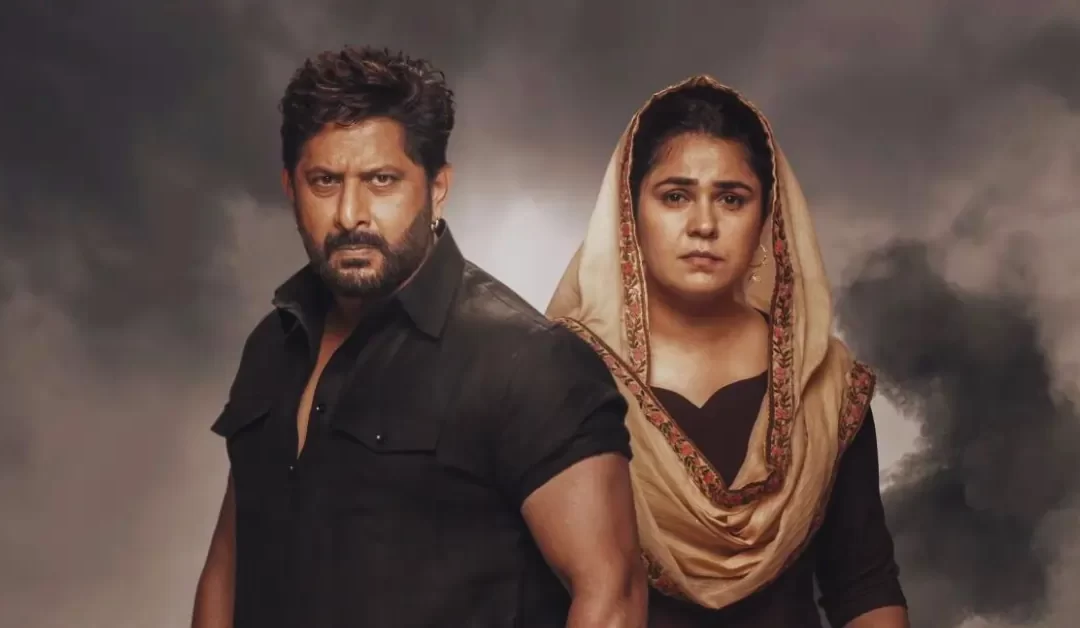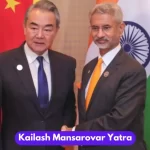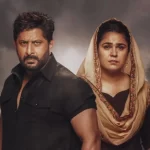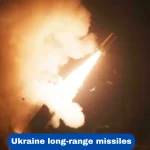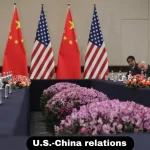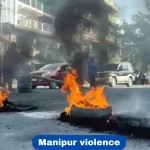Bandaa Singh Chaudhary is a movie that looks at one of the most difficult times in Punjab’s history—the period of militancy in the 1970s and 1980s. It takes us through the lives of people who suffered due to communal violence and shows how these events are still relevant today. The film has an important message about unity and standing against hate, even though its storytelling sometimes leans too much on drama.
A Story Rooted in HistoryExit Visual Builder
The movie is set during 1975–1984, a time when Punjab was deeply affected by terrorism and communal unrest. It also connects these events to earlier moments in history, like the 1971 War and the creation of Bangladesh. These events set the stage for the rise of militancy in Punjab, creating divisions among people who once lived peacefully together.
The story focuses on Banda Singh Chaudhary, played by Arshad Warsi, a fourth-generation farmer from Bihar living in a small village in Punjab. Banda is married to Lalli (Meher Vij), a strong Sikh woman who teaches Sikh martial arts, or Gatka, to children. Their peaceful life takes a turn when militants demand that Banda, a Hindu, leave the village. The movie shows how Banda and his family face the threat of violence and discrimination during this challenging time.
Themes of Unity and Resistance
One of the central ideas of the film is how outsiders brought hatred into a close-knit community. It portrays how people like Banda and his neighbors come together to resist the militants, reclaim their village, and fight against the seeds of division. This message remains relevant today, especially with the rise of discussions about Khalistan in Punjab.
Strengths and Weaknesses
While the film has an important message, it struggles at times with its execution. The director uses a lot of melodrama, which can overshadow the serious issues being discussed. Some scenes feel exaggerated, making it harder for viewers to connect with the characters and the historical events. Despite this, the film still sparks meaningful conversations about identity, justice, and the impact of political unrest on ordinary lives.
Powerful Performances
Arshad Warsi gives a heartfelt performance as Banda Singh Chaudhary, showing both the strength and vulnerability of a man trying to protect his family and community. Meher Vij, as Lalli, adds depth to the story with her portrayal of a brave woman standing firm in the face of danger. Other actors, like Jeeveshu Ahluwalia and Shilpi Marwaha, contribute to the emotional weight of the film with their roles.
Why the Film Matters Today
The film not only looks back at history but also connects it to the present. The whispers of Khalistan and ongoing debates about identity and unity in Punjab make Bandaa Singh Chaudhary highly relevant. It encourages viewers to think about how hate can divide communities and how people must come together to fight against it.
A Final Note
While Bandaa Singh Chaudhary has its flaws, it is a film that tries to bring attention to a critical period in Indian history. It reminds us of the strength of unity and the importance of standing against division. Despite its dramatic tendencies, the film leaves a lasting impact through its performances and its powerful message of communal harmony.

